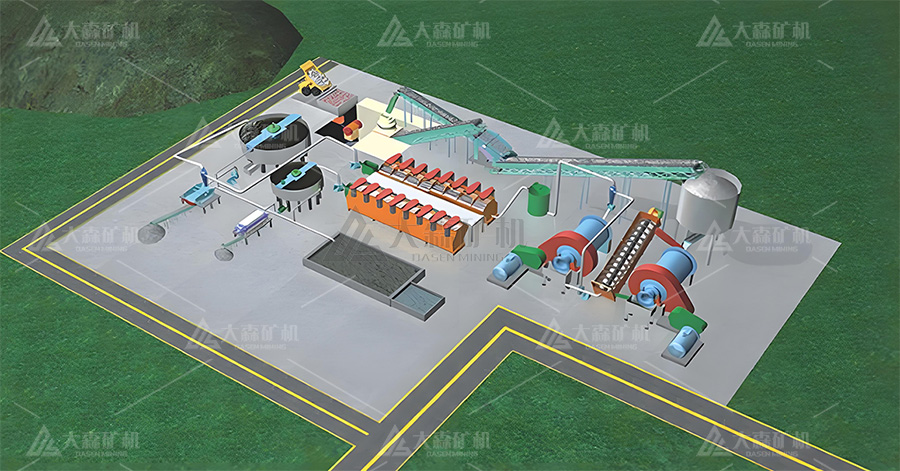What Types of Precious Metal Ores Are Suitable for Flotation?
Flotation is a widely used process in the mining industry to separate valuable minerals from gangue. When it comes to precious metals, certain characteristics make an ore suitable for flotation. Let’s delve into the specific types of precious metal ores that are amenable to this process.
Why Flotation for Precious Metals?
Flotation is particularly effective when:
Gold or Silver is intimately associated with sulfide minerals: This is a common scenario, and the sulfide minerals can act as carriers for the precious metals.
The ore contains sufficient sulfide minerals: A certain amount of sulfide minerals is necessary to create a stable froth during the flotation process.
The ore contains oxidized iron minerals: In some cases, oxidized iron minerals can be activated to facilitate flotation.
The ore contains other floatable minerals: Even if the ore lacks sulfides, the presence of other minerals that can be floated can make the process viable.
The ore can be modified: By adding sulfides or other reagents, even pure quartz-based ores containing precious metals can be made suitable for flotation.
Specific Applications of Flotation in Precious Metal Extraction:
Gold and Silver Ores: When gold and silver are associated with sulfide minerals like pyrite, chalcopyrite, or sphalerite, flotation is a common extraction method.
Platinum Group Metals (PGMs): PGMs are often found in sulfide copper-nickel ores. Flotation is used to recover both the PGMs and the base metals.
Complex Ores: For ores containing multiple valuable minerals, flotation can be used to selectively recover different minerals based on their properties.
Factors Affecting Flotation of Precious Metal Ores
Several factors influence the success of flotation for precious metal ores:
Mineral Liberation: The ore must be finely ground to liberate the valuable minerals from the gangue.
Reagent Selection: The choice of collectors, frothers, and other reagents is critical for achieving selective flotation.
Process Conditions: Factors such as pH, pulp density, and aeration rate can affect flotation performance.
Flotation is a versatile method for extracting precious metals from a wide range of ores. By understanding the characteristics of ores that are amenable to flotation and the principles of the process, mining engineers can optimize recovery and reduce costs.

